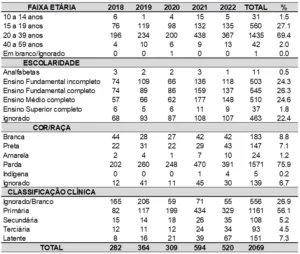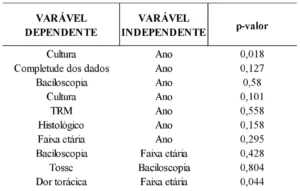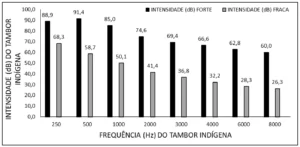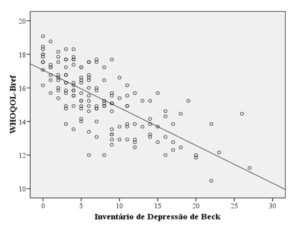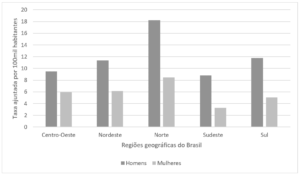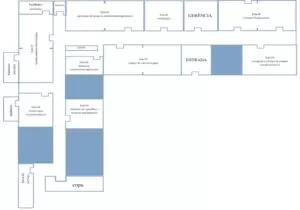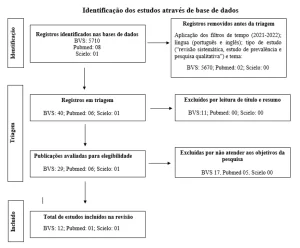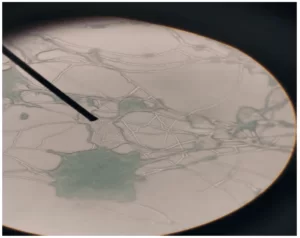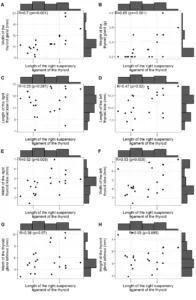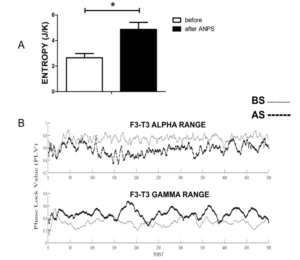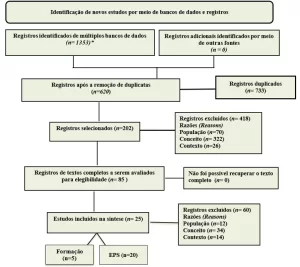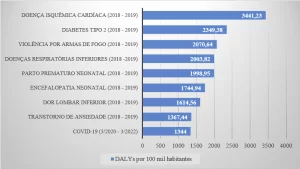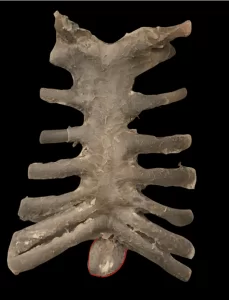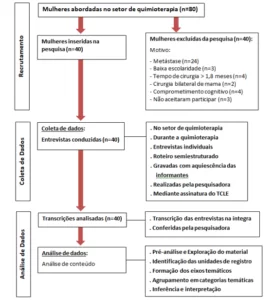ORIGINAL ARTICLE
MARTINS, Carlos Henrique Lopes [1], LIMA, Gabriela Elenor dos Santos [2], DENDASCK, Carla Viana [3], OLIVEIRA, Ciane Martins de [4], OLIVEIRA, Euzébio de [5]
MARTINS, Carlos Henrique Lopes. Et al. Evaluation of the perception of medical students about medical genetics during the course and professional life, in a University Center Of Belém, Pará, Amazônia. Revista Científica Multidisciplinar Núcleo do Conhecimento. Year 06, Ed. 03, Vol. 11, pp. 63-77. March 2021. ISSN: 2448-0959, Access Link: https://www.nucleodoconhecimento.com.br/health/medical-genetics, DOI: 10.32749/nucleodoconhecimento.com.br/health/medical-genetics
ABSTRACT
The discipline Genetics has a fundamental role in the academic and professional training of medical students. Thus, it is necessary that their perception be regular or good during the basic, clinical and boarding cycles of the course, so that good professional conduct can be based and to condition impulses to the patient’s health. The main objective of the study is to evaluate the perception of the students of the Medical School on Medical Genetics during the course and professional life, in a University Center of Belém, Pará, Amazônia. This is a quantitative research, where a questionnaire was applied prepared by the researchers with open and closed questions. The collected data were analyzed and tabulated in graphs and tables developed through Microsoft Excel 2017. We interviewed 120 students from the 1st to the 12th semester of the course, where 90% stated that they had difficulties in the course of the course, 62.5% had their knowledge expanded after the realization of the same, however, 75% considered that the discipline was insufficient to address the entire length of the subject. It is suggested, then, that students may have greater contact with the subject, either in the form of courses or extracurricular internships.
Keywords: Higher education, genetics, Medical education.
INTRODUCTION
Since 1932, the importance of genetics teaching in medical courses has been discussed (MILLER, 2002). In 1960, the Jackson Laboratory, located in Bar Harbor in the United States, promoted a course with the objective of presenting updated academic productions as a form of qualification for teachers (LINDEE, 20020).
In Geneva in 1961, the World Health Organization held a meeting with global experts to discuss the origin of adaptations in the teaching of Genetics in medical courses in the various countries. Brazil was represented by, then professor at the University of São Paulo, Oswaldo Frota-Pessoa, creator of several curricular changes of the course in Brazil (FROTA-PESSOA, 1996).
The knowledge of Genetics grows in the various higher education courses in the health area, since it is now recognized as a trainer of a clinical and laboratory practice with importance for health education and practice, especially early diagnoses (NUSSBAUM et al., 2016).
However, it is noted, for example, that in Brazilian high schools, contents related to Genetics are approached superficially, resulting in the difficulty of teachers in demonstrating them, because they are considered abstract and difficult to understand (LORETO; SEPEL, 2006). Thus, when attending the discipline at the higher level, the students have difficulties in adapting the themes to clinical practice, which justifies the genetic discipline with the highest failure rate (FRANCISCO, 2005).
Higher Education Institutions (IES) play a decisive role in future professional development for their unique role in defining national development ethics and for being a place of criticism and social transformation (GARCIA; BARROS, 2008). The teacher, as a representative of the IES, and also a knowledge diffuser, then produces effects with his practices in the training of new professionals both in the area of knowledge and in personnel (KOIFMAN, 2011). Thus, the students’ evaluation of the importance of genetics during the course and professional life is clarified in order to increase the knowledge promoted by the IES to the students.
Considering the importance of Genetics for academic and professional life, it is necessary to collect information based on the questionnaire proposed by researchers on the evaluation of students’ perception of Genetics, so that the stages can be identified during the medical course in which Medical Genetics is most valued and to analyze the knowledge of students in relation to the consequences of non-valorization of the discipline. Therefore, this study is relevant, since improvements in Medical Genetics Education can be promoted.
MATERIAL AND METHOD
This is a quantitative study, conducted in the city of Belém, State of Pará, which evaluated the perception of medical students of a University Center about the importance of genetics during the course and professional life. This project was submitted and approved by the Ethics Committee on Research with Human Beings according to opinion no. 2,998,139.
All participants of the research (maintained their anonymity) signed the Free and Informed Consent Form. As well as the protocol of this study strictly followed the norms of Resolution No. 466/12 of the National Health Council of Brazil (BRASIL, 2012), which establishes standards for research involving human beings.
The students between the 1st and 12th periods of the course and who agreed to answer the questionnaire requested were included in the study. Students who were on vacation or who refused to answer the questionnaire were excluded from the survey. The questionnaire was elaborated by the researchers themselves, composed of closed questions, divided into questions related to sociodemographic and academic questions, considering aspects such as gender, age, current semester of the course, period that performed the genetics discipline, sufficient prior knowledge to perform the discipline and difficulties during its implementation.
The collected data were analyzed and tabulated in graphs and tables developed through Microsoft Excel 2017.
RESULTS
A total of 120 questionnaires were analyzed, 10 participants from each medical semester (1st to 12th). Of the total, 47 participants were male and 73 female.
Data analysis made it possible to affirm that 60% of the students approached have comprehensive prior knowledge of high school, which they were able to use during the Genetics module, which in the University Center where the study was conducted, is provided for in a curriculum during the first semester of the course (Figure 1).
Figure 1: Comprehensive prior knowledge of high school.
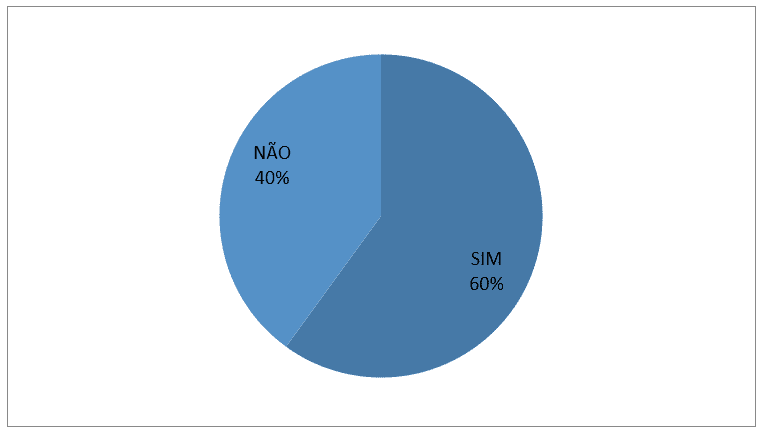
Of the interviewees, 90% reported having had difficulties during the course (Figure 2), especially the first semester of the course with more difficulties (Figure 3).
Figure 2: Difficulties during the discipline.
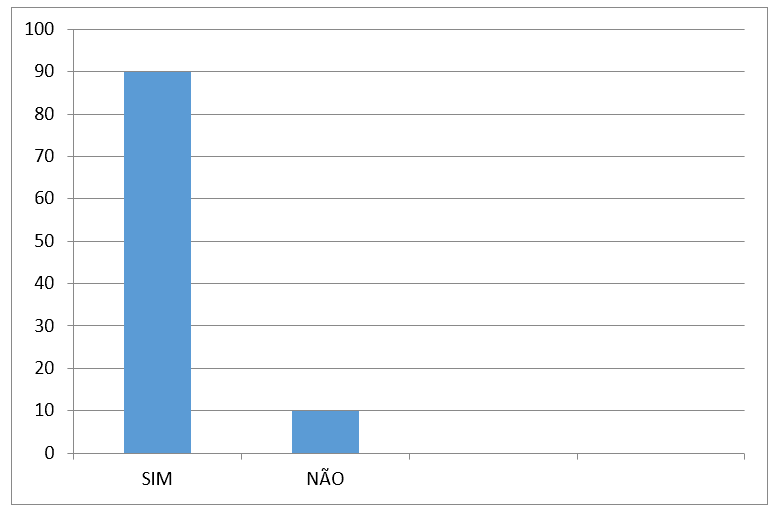
Figure 3: Difficulties during the course by school semester.
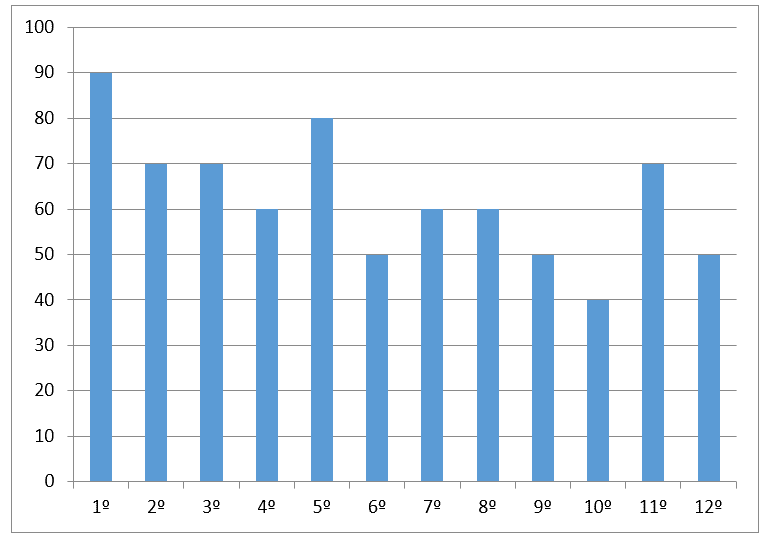
Among the students questioned, 62.5% stated that knowledge about Genetics was expanded from the module (Figure 4). However, 75% reported that only the discipline was not enough to demonstrate the full scope of the theme (Figure 5). All the students interviewed in the 2nd, 3rd, 6th, 9th and 12th semesters consider that only the module is not able to address the full extent of genetics (Figure 6).
Figure 4: Expanded knowledge after the discipline.
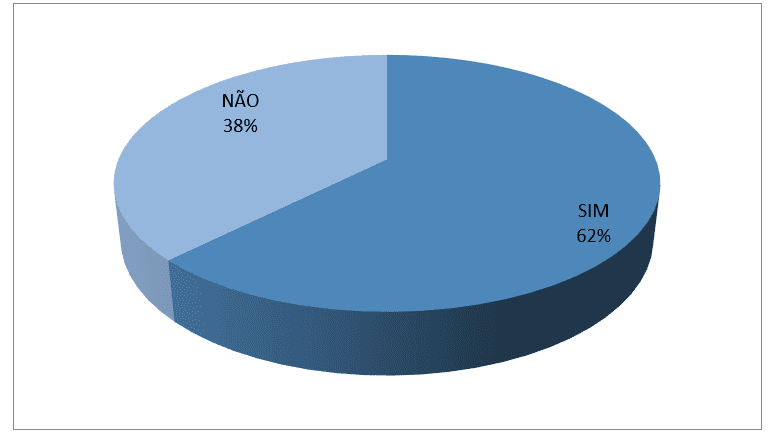
Figure 5: Discipline demonstrated the scope of the theme
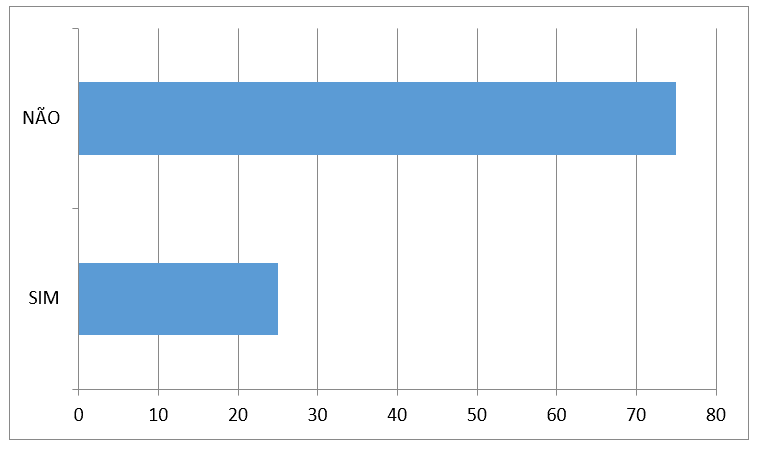
Figure 6: Non-scope of the theme by school semester.
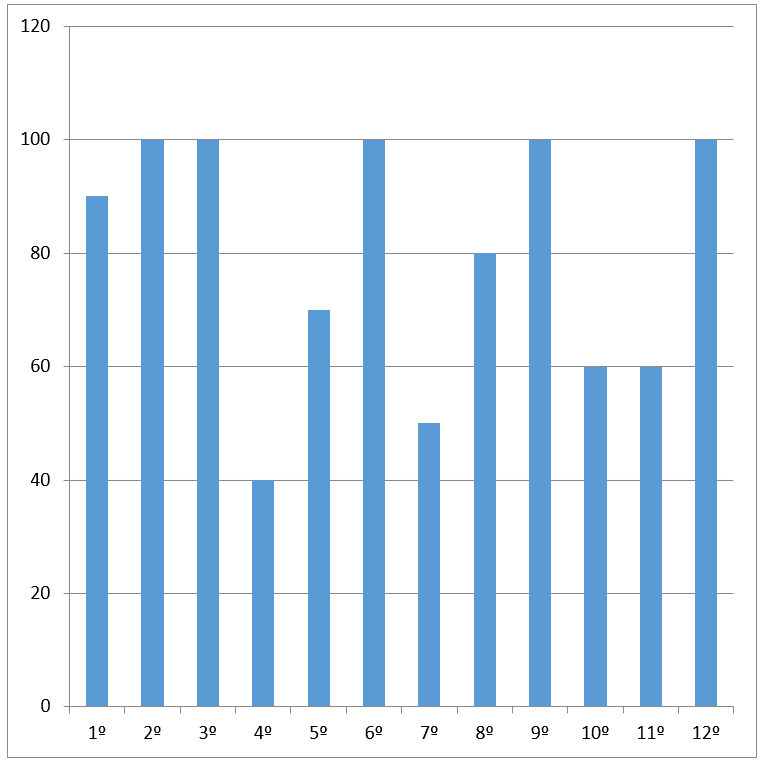
The existence of the Medical Genetics Outpatient Clinic at the Center for Medical Specialties of CESUPA (CEMEC) was fully recognized by the students of the 5th and 8th semesters of the course. In contrast, students in the 2nd and 9th periods hardly recognize it (Figure 7). Thus, of the total number of participants, only 35.83% participated or had participated in activities in the Medical Genetics Outpatient Clinic, especially the 5th and 6th semesters (Figure 8). Regarding contact with Medical Genetics outside the IES, only 45% of the participants had had any (Figure 9); in addition, 70% of the interviewees were not aware of the Medical Genetics Group of the IES (Figure 10) and 20% did not know of the existence of residency in Medical Genetics (Figure 11).
Figure 7: Knowledge about the Medical Genetics Outpatient Clinic of CEMEC
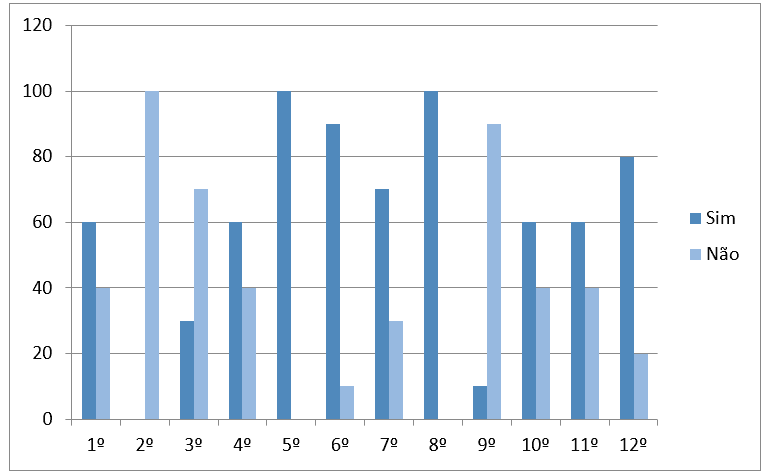
Figure 8: Participation in the Medical Genetics Outpatient Clinic of CEMEC.
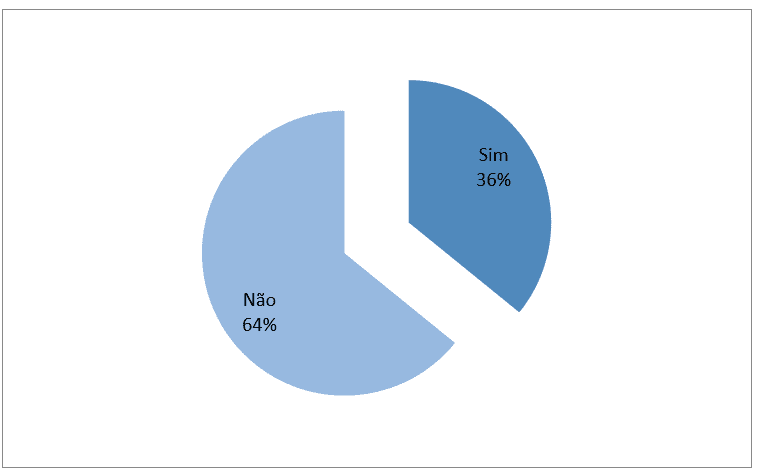
Figure 9: Contact with Medical Genetics outside the IES.
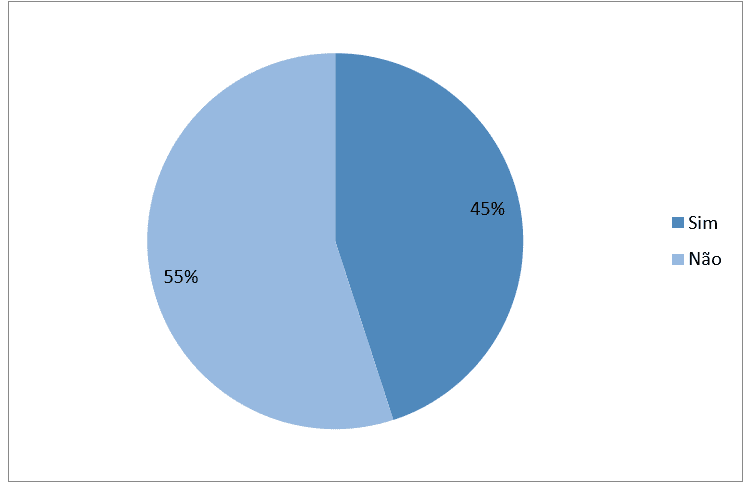
Figure 10: Knowledge of the Medical Genetics Research Group of IES.
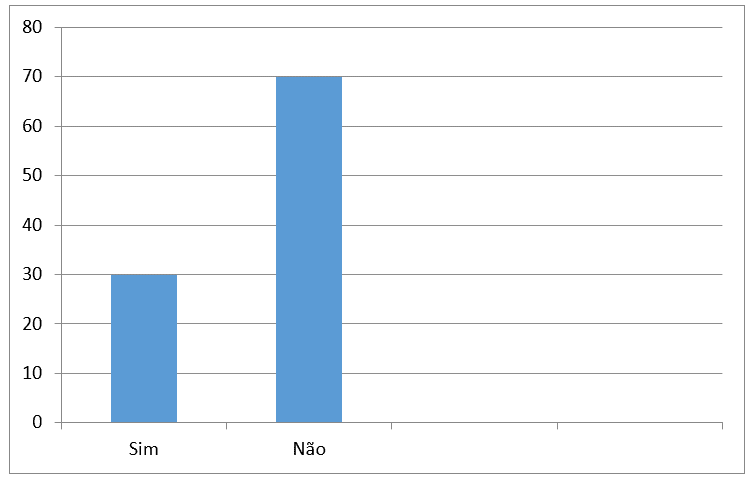
Figure 11: Knowledge of the existence of Medical Residency in Medical Genetics in %.
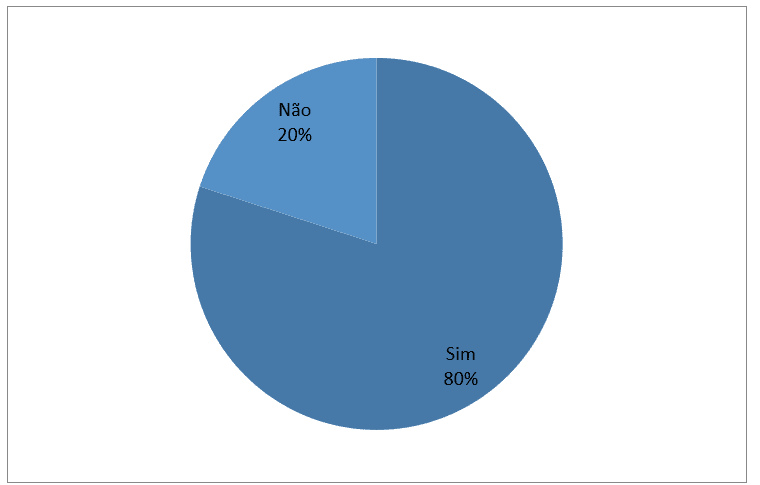
The students of the 2nd and 9th semesters of the course were the ones who most considered that the discipline is not valued in the IES, with 100 and 80%, respectively. While 70% of the interviewees in the 3rd and 5th semesters consider that the discipline is valued in the IES (Figure 12).
Figure 12: Valuing the discipline by school semeste
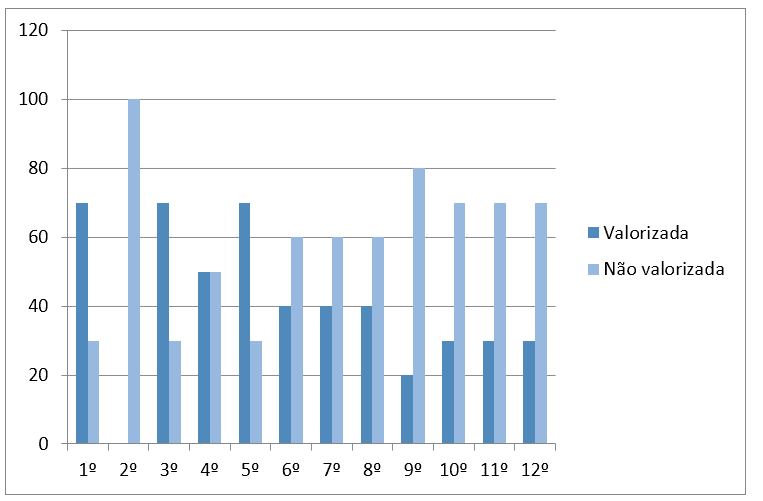
DISCUSSION
Data analysis revealed that the majority of respondents were female (60.8%), following the national average, where women represent the majority of those regularly enrolled in higher education since the last decade (ARTES, 2016). The discipline Genetics is abstractly approached in Brazilian High School and the textbooks used in the teaching-learning process are outdated in themes considered essential for science (MOURA; GONÇALVES; PERON, 2013). However, the data analyzed presented 60% of the interviewees stating that they had comprehensive prior knowledge about Genetics, acquired in high school. This discrepancy can be justified by the fact that the method used here employs a questionnaire with closed questions, with answers such as “YES” or “NO”, which can cause a bias.
An attempt to minimize learning difficulties evidences the importance of playful work, incorporating new approaches to Genetics and Biology into daily life, expanding the proposed knowledge and favoring the process of assimilation, creativity and cognitive development ( MASCARENHAS et al., 2016). The more didactic and applied the strategies used to facilitate the understanding of the genetic themes addressed in high school, the better the results presented by the students in Higher Education. This could thus minimize the difficulties during the performance of the course in medical schools.
The strategies adopted by authors on the use of didactic flashcards, quiz, mental map, allied to other resources, proves the facilitation and understanding of the above by students (BISSOLI, 2018) and may be alternative to avoid difficulties during the performance of the discipline in Higher Education. If applied, it is expected, then, that the data found in which almost all of the students presented difficulty in performing the course in graduation, will be decreased.
Of the interviewees, 90% reported having difficulties during the course of the Genetics course. After the end, 62.5% stated that knowledge on the subject was expanded. However, 75% considered that the discipline was insufficient to address the full extent of the subject. The fact of the importance of continuous self-learning within the panorama of active methodology, as a trainer of a critical and reflective medical professional, is emphasized, as prado and his collaborators state (PRADO et al., 2012).
The Brazilian Society of Medical and Genomic Genetics (SBGM) has defined deajable competencies in Genetics for physicians in Brazil, including identifying individuals who have or can develop a genetic disease and knowing when to refer such patients (MELO et al., 2019). Thus, the University Center of the State of Pará, where the research was developed, made a curricular change in the medical course in 2019, integralizing the Medical Genetics Outpatient Clinic in the 5th semester and offering extracurricular internship for discipline, from the 6th semester. This change may justify the lack of knowledge of the students about the existence of the service and also the low participation (35.83%) in its activities, considering that the research was conducted in the same year of the curricular change.
The idea that genetic diseases are rare and that Medical Genetics is a high-cost specialty, feasible only in high complexity hospitals (MELO; GOMES, 2009) does not favor the interest of the medical student. This corroborates the result obtained here, where 55% of the participants stated that they had no contact with the discipline beyond the walls of the IES. In addition, 70% of the respondents did not have knowledge about the Research Group on Medical Genetics of the IES, which can be justified by its recent creation, lack of dissemination, lack of interest of the students or, even, a combination of these factors; which only broadens this panorama of non-recognition of Medical Genetics. However, positively, 80% of the students knew about the existence of residency in Medical Genetics.
Most of the participants in the study believe that the IES does not value Medical Genetics, and those enrolled in the 2nd and 9th semesters are the ones who have this perception the most. This can be justified by the fact that they do not visualize the application of theoretical contents in clinical practice.
CONCLUSION
After data analysis, it was possible to notice that the problems in the teaching of Genetics permeate from its application in high school to its execution in higher education. The valorization of genetics in the medical course in the periods when its outpatient practice becomes mandatory is identified. However, many do not yet value it, but recognize its importance by classifying only one module as insufficient to cover knowledge on the subject. It is suggested, then, that the planning of the discipline be reviewed, so that students can have greater contact with the subject, whether in the form of courses or extracurricular internships. Thus, medical genetics is likely to be more valued.
REFERENCES
ARTES, A. R. A. Mulheres no ensino superior brasileiro: espaço garantido e novos desafios. Ex aequo, n.º 33, 2016, pp. 149-161.
BISSOLI, A. C. F. Produção de materiais didáticos para o ensino de genética na implementação da sala de aula invertida. Revista Ibero-Americana de Estudos em Educação. 2018; 13 n.2: 474-84.
FRANCISCO, G. C. B. Ensino de genética uma abordagem a partir dos estudos sociais de ciência e de tecnologia (ESCT). Blumenau: Universidade Regional de Blumenau; 2005.
FROTA-PESSOA, O. Living history-biography: a rambling rationalist. Am J Med Genet C Semin Med Genet. 1996; 63: 585-602.
GARCIA, A. L. O. E; BARROS, E. B. Qualidade de vida de professores do ensino superior na área da saúde: discurso e prática cotidiana. Cogitare Enferm. 2008; 13: 18-24.
KOIFMAN, L. A função da universidade e a formação médica. Revista Brasileira de Educação Médica. 2011; 35: 145-6.
LINDEE, M. S. Genetic disease in the 1960s: a structural revolution. Am J Med Genet C Semin Med Genet. 2002; 115: 75-82.
LORETO, E. L. S.; SEPEL, L. M. N. Formação continuada de professores de biologia do ensino médio atualização em genética e biologia molecular: programa de incentivo à formação continuada de professores do ensino médio. Santa Maria: Universidade Federal de Santa Maria: Departamento de Biologia. 2006.
MASCARENHAS, M. J. O.; MARTINS, P. R. P; FRAGA, E. C.; BARROS, M. C. Estratégias metodológicas para o ensino de genética em Escola pública. Pesquisa em Foco, São Luís, vol. 21, n. 2, p. 05-24. 2016. ISSN: 2176-0136.
MELO, D. G.; GOMES, T. L. C. S. Capacitação em Genética Médica para residentes em Medicina de Família e Comunidade: relato de experiência. Revista de APS, v. 12, n. 1, p. 83-87, jan./mar. 2009.
MELO, D. G.; SILVA, A. A.; EL HUSNY, A. S.; FERRAZ, V. E. F.. Perfil de Competência em Genética para Médicos do Brasil: uma Proposta da Sociedade Brasileira de Genética Médica e Genômica. Revista Brasileira de Educação Médica. 43 (1 Supl. 1): 451-461; 2019.
MILLER, F. The importance of Being Margial: Norma Ford Walker and a Canadian School of Medical Genetics. Am J Med Genet C Semin Med Genet. 2002:115: 02-10.
MOURA, J.; GONÇALVES, N. M. N.; PERON, A. Biologia/Genética: O ensino de biologia, com enfoque a genética, das escolas públicas no Brasil–breve relato e reflexão. Semina: Ciências Biológicas e da Saúde. 2013; 34: 167-74.
NUSSBAUM, R. L.; MCINNES, R. R.; HUNTINGTON, F. W.; THOMPSON, M. W. Thompson & Thompson. Genetics in Medicine. Philadelphia: Elsevier. 2016.
PRADO, M. L; VELHO, M. B.; ESPÍNDOLA, D. S.; SOBRINHO, S. H.; BACKES, V. M. S. Arco de Charles Maguerez: refletindo estratégias de metodologia ativa na formação de profissionais de saúde. Escola Anna Nery. (impr.) 2012 jan-mar; 16 (1): 172-177.
[1] Medical Student at the University Center of the State of Pará – CESUPA.
[2] Medical Academic at the University Center of the State of Pará – CESUPA.
[3] Theologian, PhD in Clinical Psychoanalysis. He has been working for 15 years with Scientific Methodology (Research Method) in the Scientific Production Guidance of Master’s and Doctoral students. Specialist in Market Research and Research focused on health.
[4] PhD in Medical Genetics. Professor and Researcher at the University Center of the State of Pará (CESUPA).
[5] PhD in Medicine/Tropical Diseases. Professor and Researcher at the Federal University of Pará – UFPA. Researcher at the Federal University of Pará/UFPA.
Submitted: March, 2021.
Approved: March, 2021.

